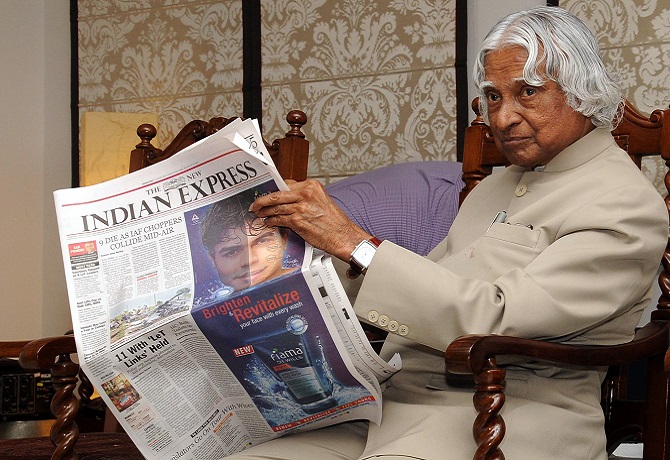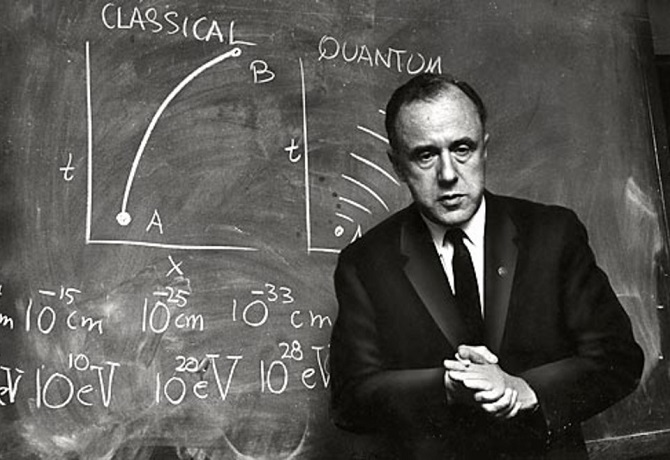A.P.J. Abdul Kalam, born October 15, 1931, Rameswaram, India was a renowned Indian scientist who played a leading role in the development of India’s missile and nuclear weapons programs. He was the president of India from 2002 to 2007.
Abdul Kalam developed an early fascination with flight by watching birds, which developed into an interest in aeronautics after he saw a newspaper article about a British fighter plane. His dad built and rented boats, despite his modest beginnings, Kalam was a bright student who showed promise in science and mathematics. He attended St. Joseph’s College and went on to earn a degree in aeronautical engineering from the Madras Institute of Technology.
His hopes of becoming a fighter pilot were dashed when he narrowly missed out on a spot with the Indian Air Force. Kalam joined the Defense Research and Development Organization (DRDO) as a senior scientific assistant in 1958. After moving to the newly formed Indian Space Research Organization (ISRO) in 1969, he was named project director of the SLV-III, the first satellite launch vehicle designed and produced on Indian soil. Returning to the DRDO as director in 1982, Kalam implemented the Integrated Guided Missile Development Program.
Abdul Kalam then became the senior scientific adviser to India’s defense minister in 1992, a position he used to campaign for the development of nuclear tests. Kalam was a key figure in the May 1998 Pokhran-II tests, in which five nuclear devices were detonated in the Rajasthan Desert. Although the tests resulted in condemnation and economic sanctions from other world powers, Kalam was hailed as a national hero for his staunch defense of the country’s security.
In 2002, India’s ruling National Democratic Alliance aided in Kalam’s win in the election against Lakshmi Sahgal. He became India’s 11th President of India. Known as the People’s President, Kalam set a goal of conducting 500,000 one-on-one meetings with young people over the course of his five-year term. After leaving office in 2007, Kalam became a visiting professor at several universities.
He formed the “What Can I Give Movement” in 2011 with the goal of creating a compassionate society, and in 2012, his efforts to improve healthcare led to the release of a tablet for medical personnel to use in remote areas. On July 27, 2015, Kalam suffered a massive heart attack while lecturing at the Indian Institute of Management and subsequently died at the age of 83.
Among his many accolades, including honorary doctorates from 40 universities, he was granted the Padma Bhushan (1981), the Padma Vibhushan (1990) and the Bharat Ratna (1997) – India’s highest civilian awards – for his contributions in modernizing government defense technology. He also wrote several books, including the autobiography Wings of Fire in 1999.



